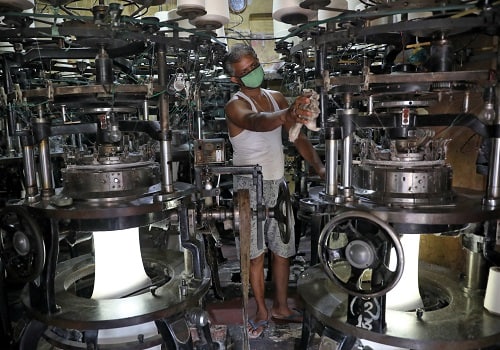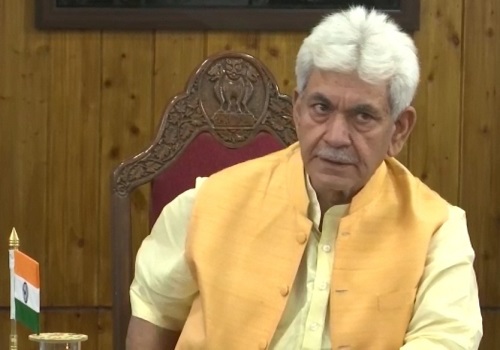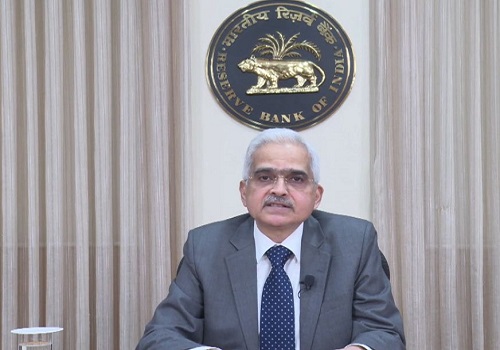India going all out to give necessary impetus to indigenous manufacturing

Follow us Now on Telegram ! Get daily 10 - 12 important updates on Business, Finance and Investment. Join our Telegram Channel
In the last few years, India has been focussing a lot on indigenous manufacturing. The Central government has taken up various measures to facilitate manufacturing in the country.
The Centre has undertaken various steps to boost domestic and foreign investments in India as well. These include introduction of Goods and Services Tax, reduction in corporate tax, interventions to improve the ease of doing business, FDI policy reforms, measures for reduction in compliance burden, policy measures to boost domestic manufacturing through public procurement orders and Phased Manufacturing Programme (PMP).
Keeping in view India's vision of becoming 'Aatmanirbhar', Production Linked Incentive (PLI) Schemes for 14 key sectors have been announced with an outlay of Rs 1.97 lakh crore to enhance the country's manufacturing capabilities and exports.
In order to achieve India's vision of becoming 'Aatmanirbhar' and to strengthen its manufacturing capabilities and exports, an outlay of Rs 1.97 lakh crore has been announced in the Union Budget 2021-22 for PLI schemes in 14 key manufacturing sectors, beginning in fiscal year (FY) 2021-22.
With the announcement of PLI Schemes, significant creation of production, skills, employment, economic growth and exports is expected over the next five years and more.
The reforms taken by the Government have resulted in increased Foreign Direct Investment (FDI) inflows in the country. FDI inflows in India stood at $45.15 billion in 2014-2015 and have continuously increased since then and India registered its highest ever annual FDI inflow of $84.84 billion (provisional figures) in the financial year 2021-22, reported NewsonAir.
The annual growth rate of the manufacturing sector as per the Index of Industrial Production (IIP), with base year 2011-12, for 2021-22 is 11.8 per cent. The government aims to make India the global manufacturing hub. It also aims to increase the sector's GDP share to 25 per cent from the existing 16 per cent, and create 100 million new jobs by 2022.
Make in India' is an initiative that was launched on September 25, 2014, to facilitate investment, foster innovation, build best-in-class infrastructure and make India a hub for manufacturing, design and innovation. It is one of the unique single, vocal for local initiatives that promote India's manufacturing domain to the world.
The Indian government focused a lot on improving Ease of Doing Business and Ease of Living by simplifying, rationalising, digitizing and decriminalising government to business and citizen interfaces across ministries/states/UTs.
The key focus areas of the initiative are simplification of procedures, rationalization of legal provisions, digitization of government processes, and decriminalization of minor, technical or procedural defaults.
The National Logistics Policy (NLP) was launched on September 17, 2022, and aims to lower the cost of logistics and lead it to par with other developed countries. This would boost economic growth, provide employment opportunities, and make Indian products more competitive in the global market.












 320-x-100_uti_gold.jpg" alt="Advertisement">
320-x-100_uti_gold.jpg" alt="Advertisement">












